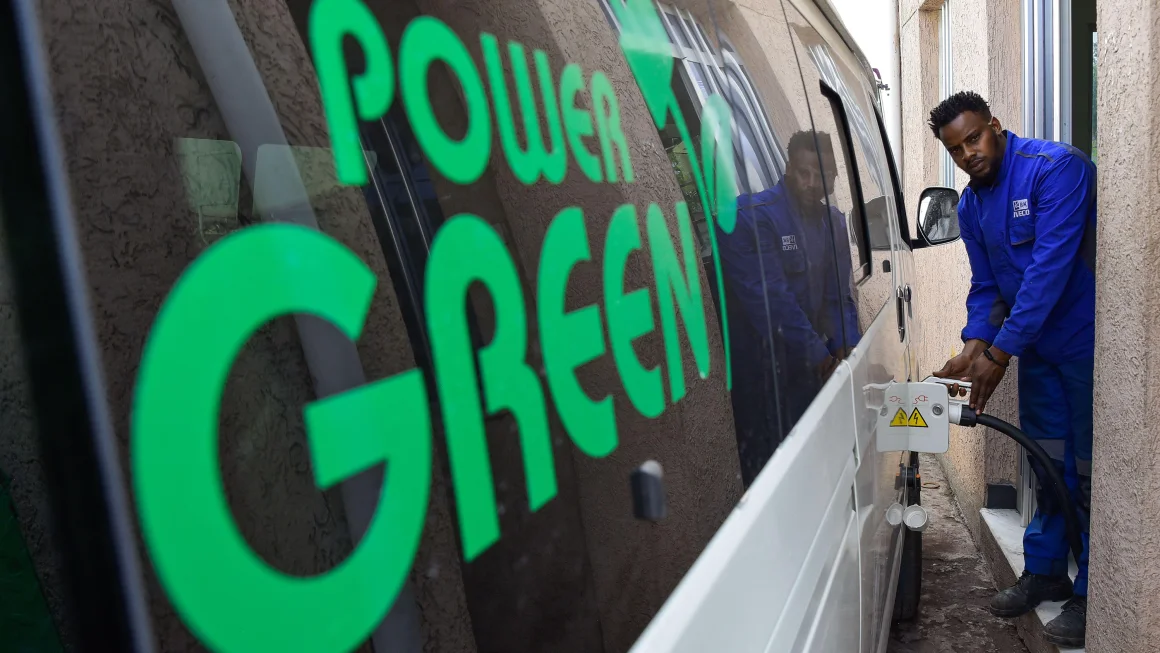Long lines have been forming at gas stations in Ethiopia’s capital, Addis Ababa, amid fuel shortages and a price spike in recent months.
But electric vehicle driver Mikial Belayneh avoids them completely.
“I no longer line up for petrol on the road,” Belayneh, an Addis resident, told CNN. A full charge of his imported Toyota bZ4X – a popular EV in the country – “is more than enough for two days.”
Belayneh, who charges his car at home, is part of rapid transition to EVs in Addis Ababa, a fast-growing city in the horn of Africa at the center of Ethiopia’s goal to hoist millions of people out of poverty.
In addition to the polluting cars and trucks rumbling along the roads, cleaner — and quieter — vehicles are joining the traffic. Electric buses, smaller 15-seat minibuses, cars and motorbikes are popping up on the streets of the capital.
There are around 100,000 EVs in Ethiopia so far.
The Ethiopian government estimates that number will more than quadruple by 2032. That’s largely because the national government took the extraordinary step earlier this year of banning the import of all gas-powered passenger vehicles — becoming the first nation in the world to do so.
It also effectively slashed the customs tax on imported cars: The tax on gas vehicles was up to 200% before they were banned, while the import tax for fully assembled EVs is just 15%, according to the country’s finance ministry.
It’s part of a government-led effort to get more EVs on the streets.



No Comment Found.